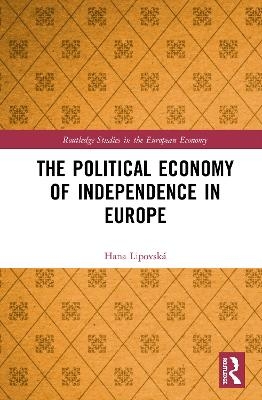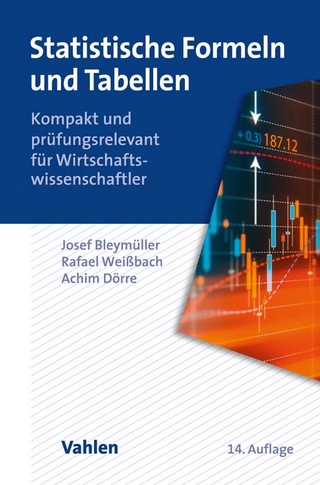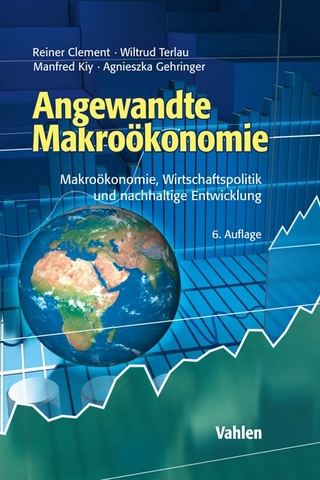
The Political Economy of Independence in Europe
Seiten
2020
Routledge (Verlag)
978-0-367-89647-8 (ISBN)
Routledge (Verlag)
978-0-367-89647-8 (ISBN)
This book examines secessionism, separatism and calls for independence in the European Union, in recent history and within an economic context. The author connects the sensibility of romantic factors involved in secession such as language, religion or ethnicity with the sense of economic factors through a rational, economic approach.
This book examines secessionism, separatism, and calls for independence in the European Union in recent history and within an economic context. It contributes to the deeper understanding of factors influencing the individual decision-making processes around secession, using economic analysis to answer a set of simple questions about who the secessionists are, what they really want, what their incentives are, and why it is easier to declare their secessionist tendencies than to vote for secession.
This a highly topical theme, given the secessionist referenda in Catalonia, Scotland, Ukraine, Kosovo, and the United Kingdom, and this book offers a unique contribution to the debate. It is based on an exclusive survey carried out among members of the pro-independence parties and movements across 17 European countries and 56 European regions. It uses the instruments of the Political Economy of Conflict to reveal the importance of romantic and economic factors influencing the drive towards secession. Secessions have been regarded as a purely romantic phenomenon that cannot be rationalised, whereas this book connects the sensibility of romantic factors such as language, religion or ethnicity with the sense of economic factors through its rational, economic approach. Furthermore, it applies the standard methodology of microeconomic analysis to discover the impact of individual pro-secessionist factors. An integral part of the text presents a brief historic overview, uncovering the lesser-known path dependency.
The book will find an audience among researchers, scholars, and students of economics and political science, as well as policy-makers and professionals engaged with a secessionist agenda.
This book examines secessionism, separatism, and calls for independence in the European Union in recent history and within an economic context. It contributes to the deeper understanding of factors influencing the individual decision-making processes around secession, using economic analysis to answer a set of simple questions about who the secessionists are, what they really want, what their incentives are, and why it is easier to declare their secessionist tendencies than to vote for secession.
This a highly topical theme, given the secessionist referenda in Catalonia, Scotland, Ukraine, Kosovo, and the United Kingdom, and this book offers a unique contribution to the debate. It is based on an exclusive survey carried out among members of the pro-independence parties and movements across 17 European countries and 56 European regions. It uses the instruments of the Political Economy of Conflict to reveal the importance of romantic and economic factors influencing the drive towards secession. Secessions have been regarded as a purely romantic phenomenon that cannot be rationalised, whereas this book connects the sensibility of romantic factors such as language, religion or ethnicity with the sense of economic factors through its rational, economic approach. Furthermore, it applies the standard methodology of microeconomic analysis to discover the impact of individual pro-secessionist factors. An integral part of the text presents a brief historic overview, uncovering the lesser-known path dependency.
The book will find an audience among researchers, scholars, and students of economics and political science, as well as policy-makers and professionals engaged with a secessionist agenda.
Hana Lipovská is a lecturer at the Faculty of Economics and Administration, Masaryk University, Czech Republic.
Introduction 1. Secession in the Political Economy of Conflict 2. Methodology and Data 3. Romantic and Economic factors: Empirical Results 4. Secessionist Profile of Flanders and South Tyrol Conclusion
| Erscheinungsdatum | 14.05.2020 |
|---|---|
| Reihe/Serie | Routledge Studies in the European Economy |
| Zusatzinfo | 49 Tables, black and white; 107 Line drawings, black and white; 4 Halftones, black and white; 111 Illustrations, black and white |
| Verlagsort | London |
| Sprache | englisch |
| Maße | 156 x 234 mm |
| Gewicht | 453 g |
| Themenwelt | Sozialwissenschaften ► Politik / Verwaltung |
| Wirtschaft ► Volkswirtschaftslehre ► Makroökonomie | |
| Wirtschaft ► Volkswirtschaftslehre ► Wirtschaftspolitik | |
| ISBN-10 | 0-367-89647-8 / 0367896478 |
| ISBN-13 | 978-0-367-89647-8 / 9780367896478 |
| Zustand | Neuware |
| Haben Sie eine Frage zum Produkt? |
Mehr entdecken
aus dem Bereich
aus dem Bereich
Volkswirtschaftslehre für eine sich ändernde Welt
Buch | Hardcover (2024)
De Gruyter Oldenbourg (Verlag)
44,95 €
Kompakt und prüfungsrelevant für Wirtschaftswissenschaftler
Buch | Softcover (2021)
Vahlen, Franz (Verlag)
11,90 €
Makroökonomie, Wirtschaftspolitik und nachhaltige Entwicklung
Buch | Hardcover (2022)
Vahlen (Verlag)
49,80 €


